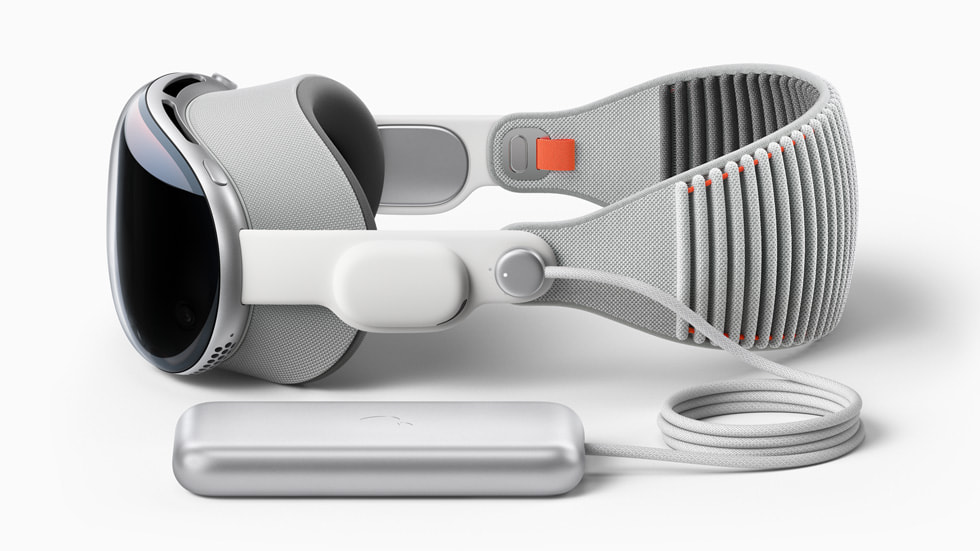
Independent tech analyst Ming-Chi Kuo maintains Apple may be reducing Vision Pro shipments for its international debut by a wide margin due to demand falling “sharply beyond expectations” in the US market.
Kuo, a respected figure in supply chain leaks and analysis, says in and in a new blog post that Apple has cut 2024 shipments for Vision Pro to 400–450k units—significantly lower than the reported 700–800k units or more expected for worldwide production this year.
“Apple cut orders before launching Vision Pro in non-US markets, which means that demand in the US market has fallen sharply beyond expectations, making Apple take a conservative view of demand in non-US markets,” Kuo says in the post.

Kuo’s most recent report comes in sharp contrast to his previous statements from February 2024 which maintained that leading up to global release, US demand for the $3,500 mixed reality headset had been initially better than expected in its first month following its February 2nd launch.
Kuo also previously reported that a second-generation Apple headset was expected to go into mass production in 2025, which is said to come in both a high and low-end version. However, now, Kuo maintains Apple is “reviewing and adjusting its head-mounted display (HMD) product roadmap, so there may be no new Vision Pro model in 2025.”
So far the company has confirmed it’s shipping Vision Pro in mainland China in addition to preparing visionOS for multiple languages, including French, German, Japanese, Korean, Cantonese, and both Simplified and Traditional Chinese. Apple hasn’t intimated yet when we can expect international availability of Vision Pro however. The most obvious opportunity to do so could be at its WWDC event, taking place June 10-14, where the Apple is confirmed to talk about feature updates to visionOS.
In the meantime, the competitive landscape has monumentally shifted with the announcement that Meta is now planning to open its Quest operating system to third-party device makers such as Asus, Lenovo, Xbox, and others. The move is widely considered as an apparent bid to become a foil to Apple’s comparatively closed-down mixed reality operating system, and become the ‘open’ option competing directly with Vision Pro.
Meanwhile we’re still waiting to see what Samsung has in store after partnering with Google to make its own ‘Pro’ level MR headset. Google is expected to provide Samsung with its XR operating system, while Qualcomm will supply the device’s chipset.
This article was originally published on roadtovr